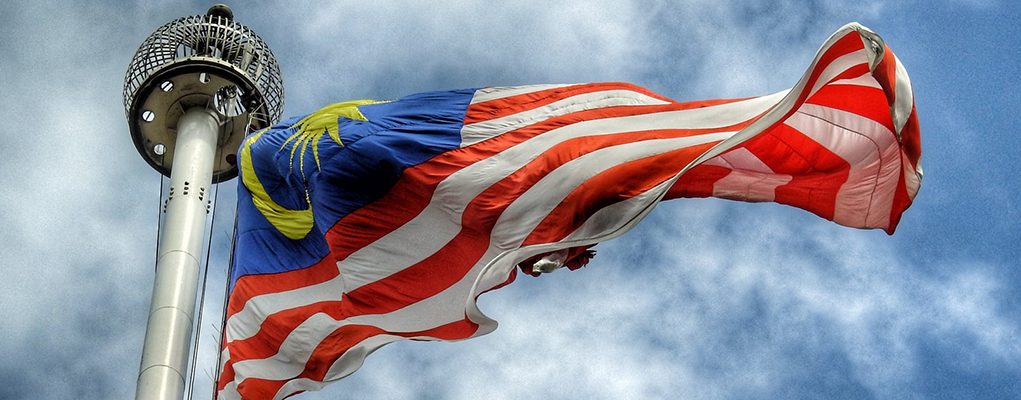In response to this proposal, the local vape industry has highlighted that local authorities should differentiate between tobacco products and safer nicotine alternatives. “The government needs to see that tobacco and vape products are different. There is clear evidence from around the world that vape products are significantly less harmful than tobacco products. This is a fact that the government needs to consider, and the laws cannot be the same for vape products and tobacco products,” said the Malaysia Retail Electronic Cigarette Association (MRECA) president Datuk Adzwan Ab Manas.
Local physicians agree. The FPMPAM criticised the government’s proposed prohibition on the promotion of vape or e-cigarettes as a harm reduction alternative to smoking tobacco. They highlighted that the bill disregards overwhelming scientific data in favour of the benefits of safer nicotine alternatives for tobacco harm reduction. “The Bill seems to have totally disregarded the overwhelming scientific data that THR can work with the proper regulatory framework in place,” said FPMPAM president Dr Steven Chow said in a recent statement.
The group went on to cite the UK’s Royal College of Physicians which has consistently recommended the use of the products for smoking cessation and/or harm reduction. In fact, a recent report by the UK’s Royal College of Physicians (RCP), has reiterated that e-cigarettes appeared to be effective when used by smokers as a smoking cessation tool. “There is a need for regulation to reduce direct and indirect adverse effects of e-cigarette use, but this regulation should not be allowed significantly to inhibit the development and use of harm-reduction products by smokers,” said the RCP.
“However, in the interests of public health, it is important to promote the use of e-cigarettes, NRT (nicotine replacement therapy), and other non-tobacco nicotine products as widely as possible as a substitute for smoking in the UK.”
The vape bill would feed the black market
Meanwhile renowned international public health experts have written to Prime Minister Ismail Sabri Yaakob warning him that the vape bill would eventually just create a large black market and just fuel the illicit trade of the products.
In the letter, academics and tobacco harm reduction experts David Abrams, Clive Bates, Ray Niaura and David Sweanor, said that prohibitionist approaches may have unintended consequences. “We hope the government will consider the limitations and likely unintended consequences of prohibition measures. We hope ministers will consider the alternative approach of risk-proportionate regulation based on MPOWER and tobacco harm reduction.”
Read Further: Code Blue













